Chapter 13
1/38
There's no tags or description
Looks like no tags are added yet.
Name | Mastery | Learn | Test | Matching | Spaced | Call with Kai |
|---|
No analytics yet
Send a link to your students to track their progress
39 Terms
judgement
to judge or form an opinion
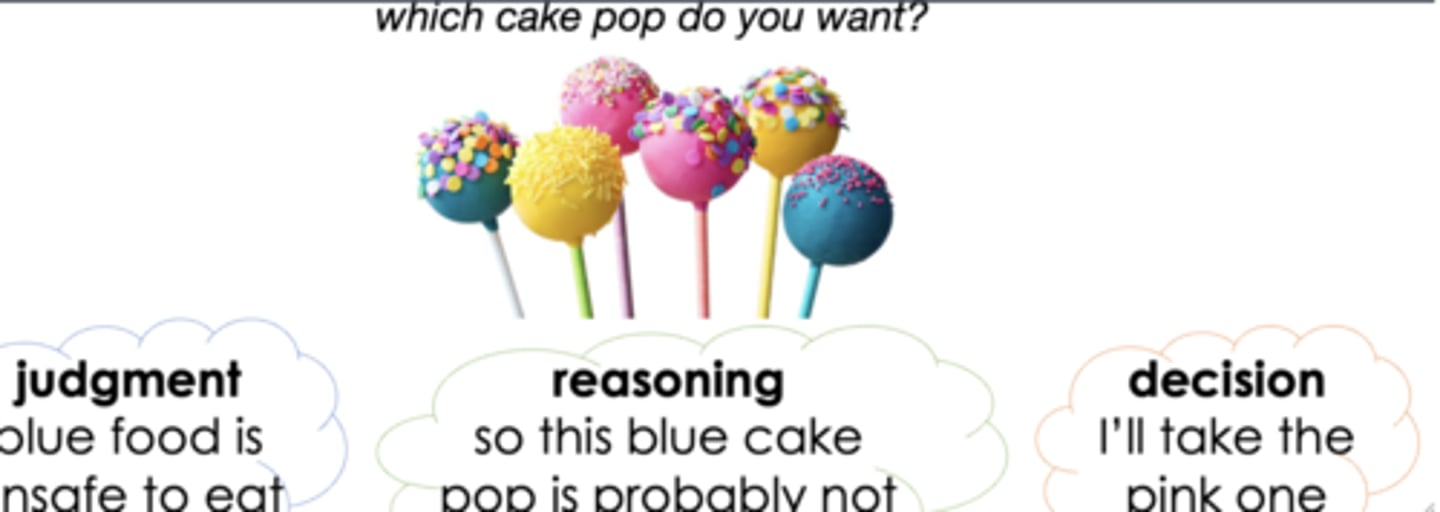
Reasoning
the process of drawing conclusion
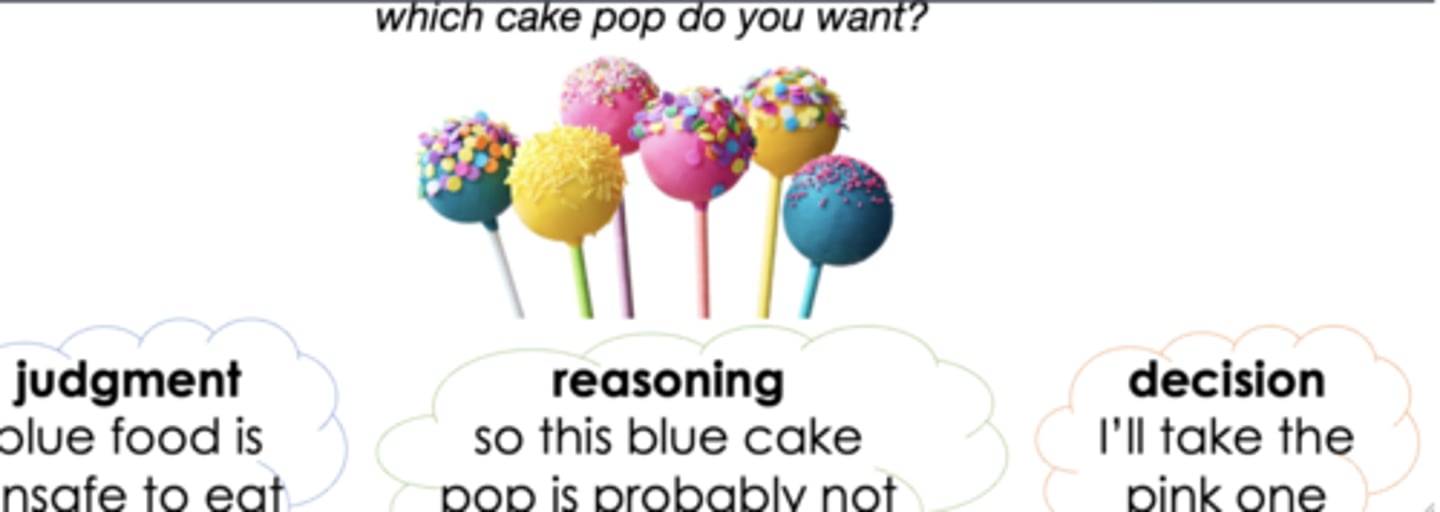
Decision
the process of choosing between alternatives
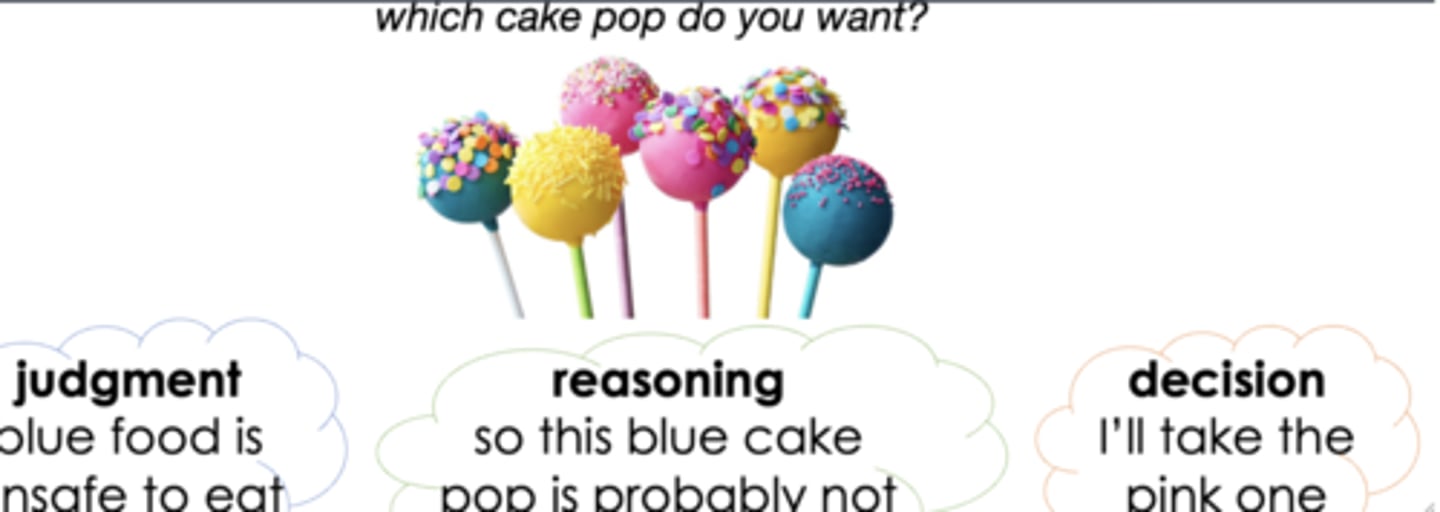
Inductive reasoning
the process of drawing a general conclusion based on specific observations.
-Premise is stated as observations of specific cases.
-Conclusion is generalized from premise
-Specific cases -> broad principles
-Bottom-up process ( facts or observations -> hypothesis -> theory)
- if the premise is true, the conclusion is probably true
ex: Ex: the temperature in Riverside reaches 100 every summer. Therefore, it will reach 100 in riverside this summer
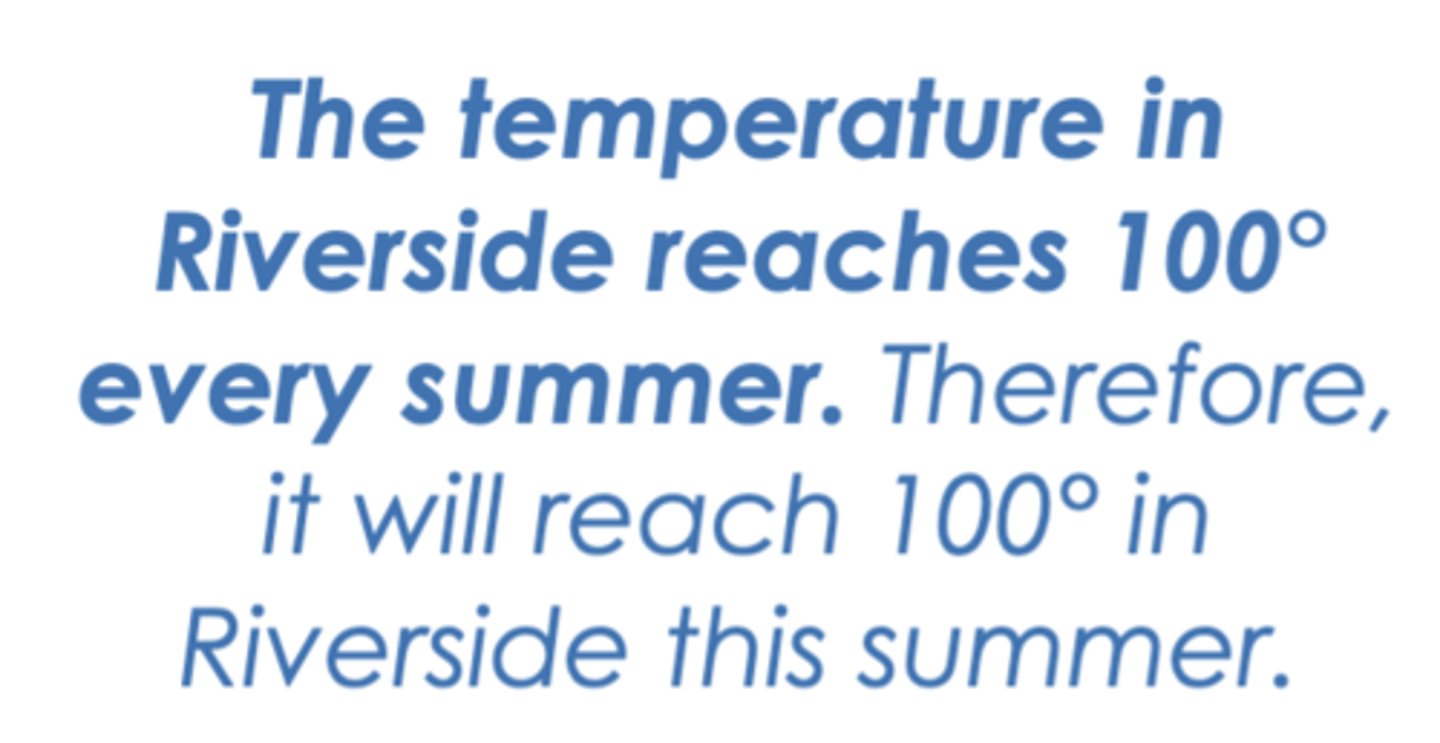
Deductive reasoning
the process of determining whether a specific conclusion logically follows from general statements.
-Premise is stated as facts or general principles
-Conclusion is drawn from logical rules applied to the premise
-Broad principles -> specific cases
-Top down process (hypothesis -> facts -> conclusion)
-If the premise is true, the conclusion is definitely true
Ex: all men are mortal. Socrates is a man. Therefore, Socrates is mortal.

How is inductive reasoning strengthen by observation properties ?
Premise, Conclusion, Representativeness, number of observations, and quality of evidence.
Premise
observations of specific cases
Conclusion
generalized from premise
Representativeness of observations
how well observations about a particular category represent all members of that category
number of observations
how many observations we made
quality of evidence
observations can be supported with scientific evidence
How is inductive reasoning weakened by our beliefs ?
Confirmation bias, Backfire effect, inductive argument, and myside bias
Confirmation bias
we look for information that supports our opinions and ignore information that refutes it

Backfire effect
our support for a given opinion can be stronger when faced with facts that oppose it
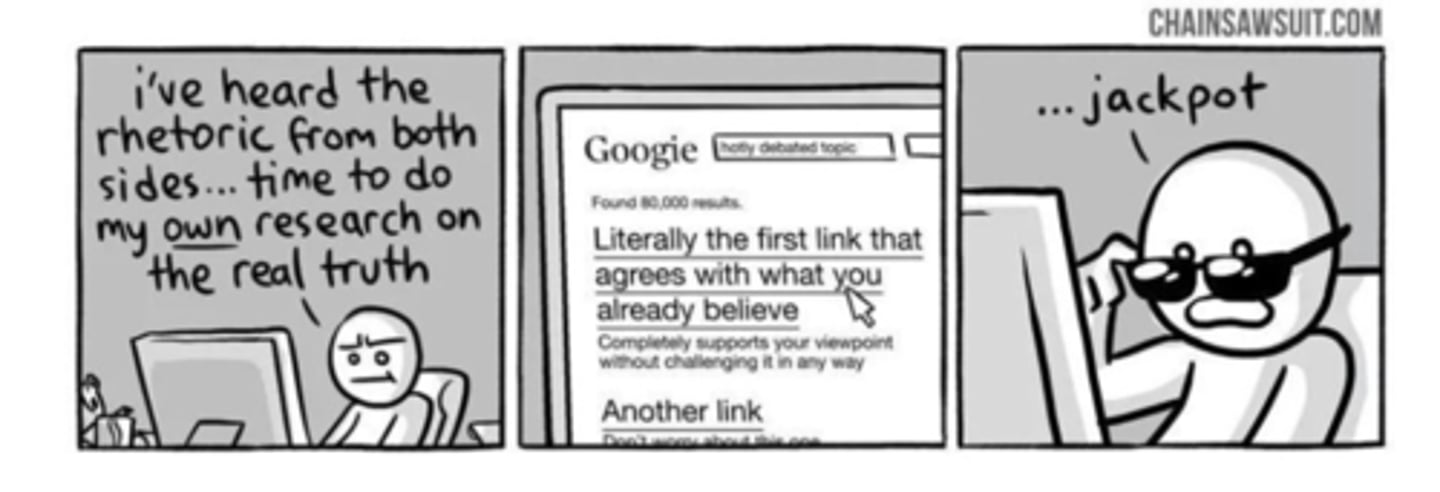
Inductive arguments
are weakened by a bias to confirm (or support) our opinions
Myside Bias
we evaluate evidence in a way that is biased toward our own opinions and attitudes
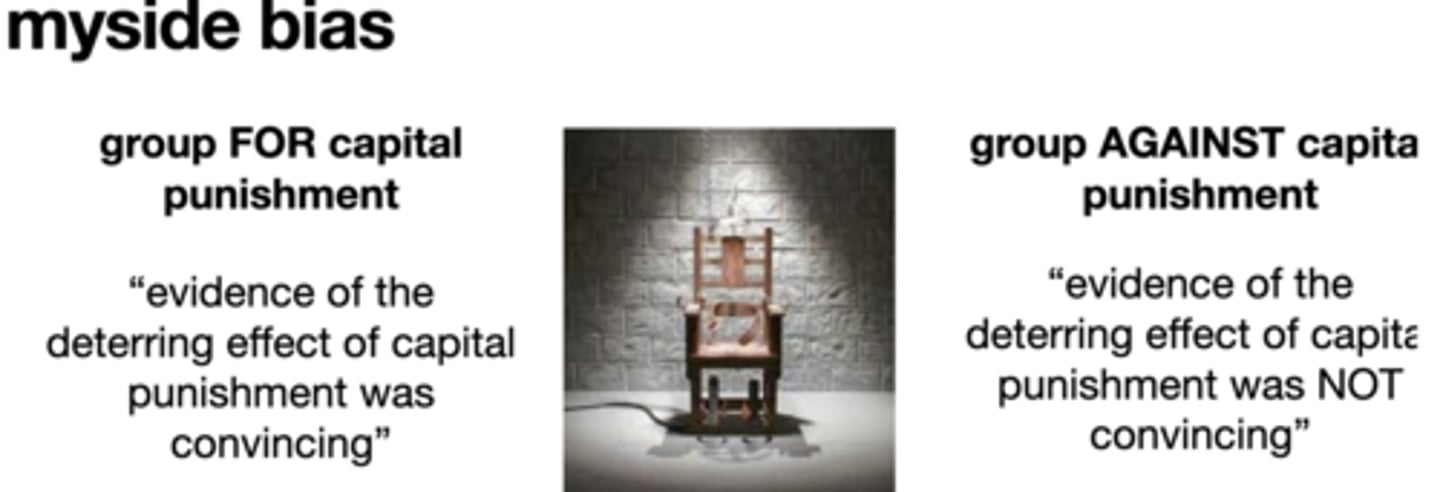
How is inductive reasoning influenced by availability and representative heuristics ?
Heuristics, Availability heuristics, Illusory correlations, Representativeness heuristics, Base rate, Conjunction rule, and Law of large numbers.
Heuristic's
educated guesses, intuitive judgments, or common sense used to solve a problem quickly
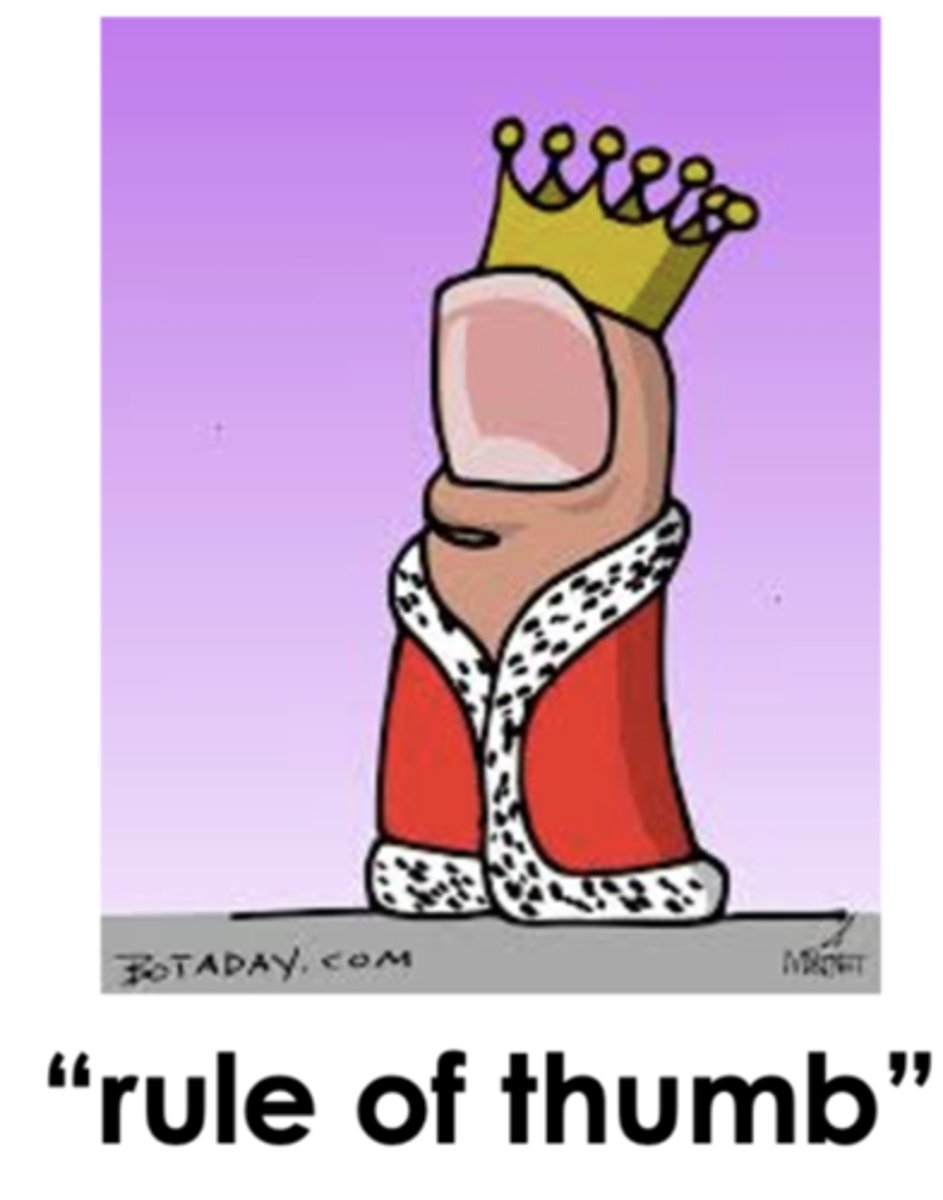
Availability heuristics
events that come to mind more easily are judged as being more probable
-Undue weight is given to anecdotal evidence that comes to mind more easily
-Our conclusions are biased by evidence that is more available
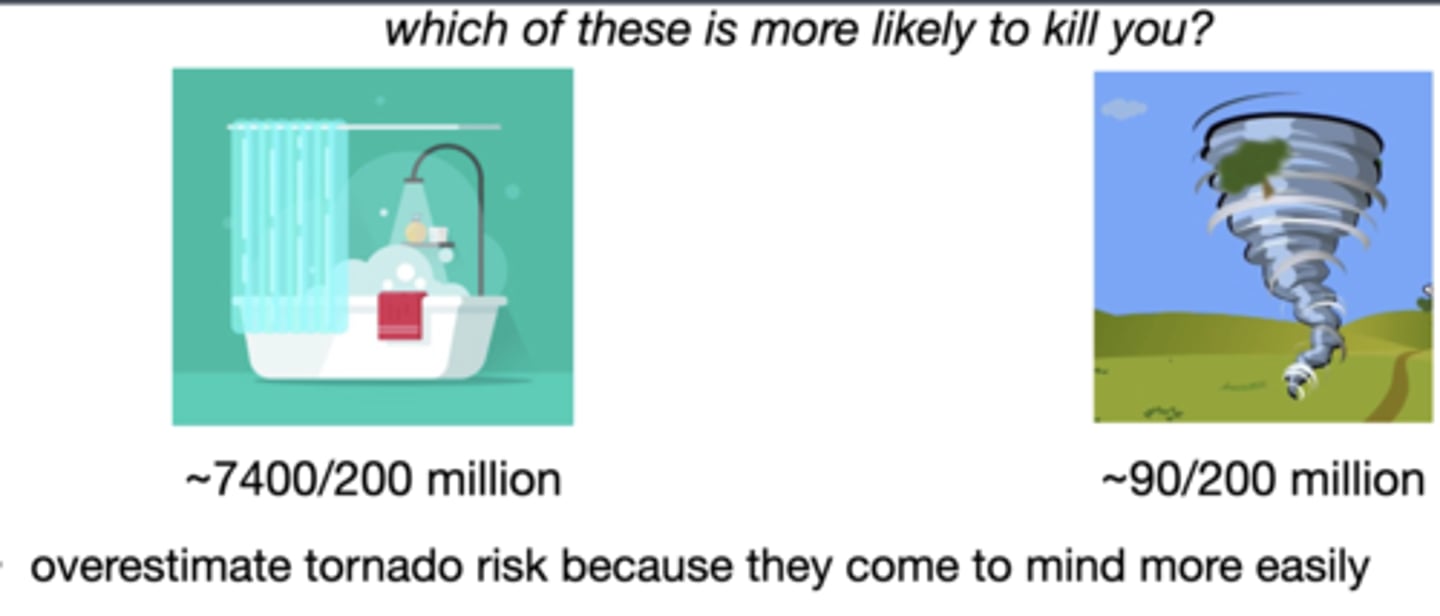
Illusory correlations
when a relationship between two events appears to exist, but, in reality, there is little or no relationship
-Stereotypes are a common form of illusory correlations
Representativeness heuristics
events that are more similar to a given category are more likely to be judged as being part of that category
We rely on representativeness to the occupation categories and ignore the base rate
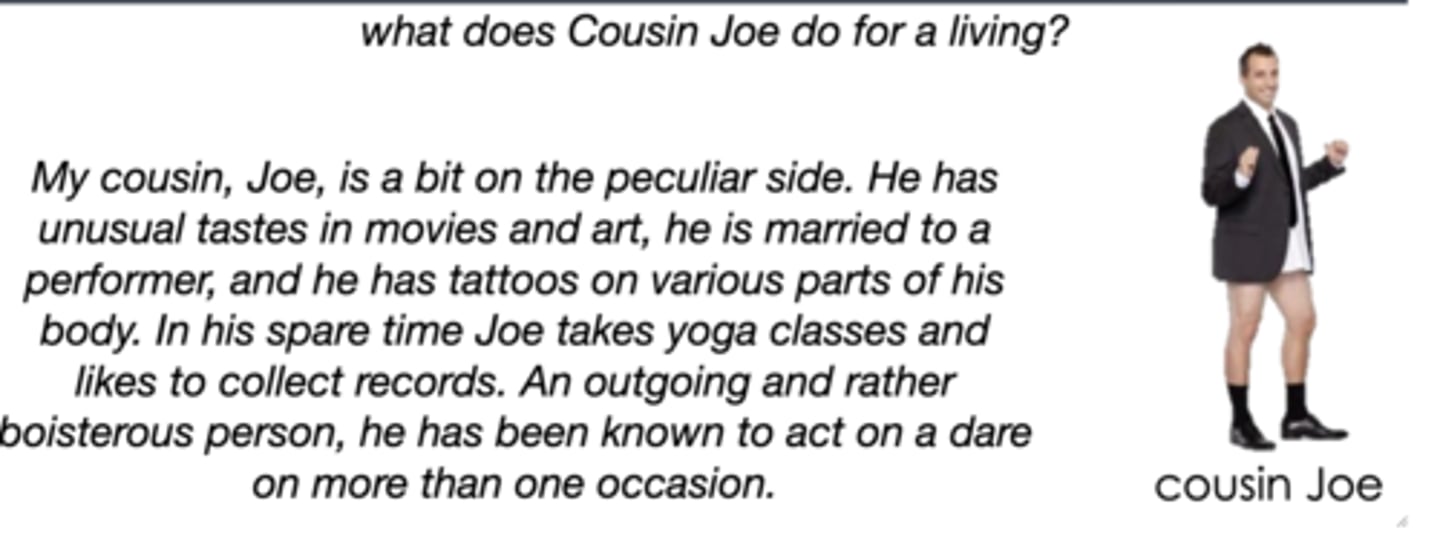
Base rate
the relative proportion of different classes in the population
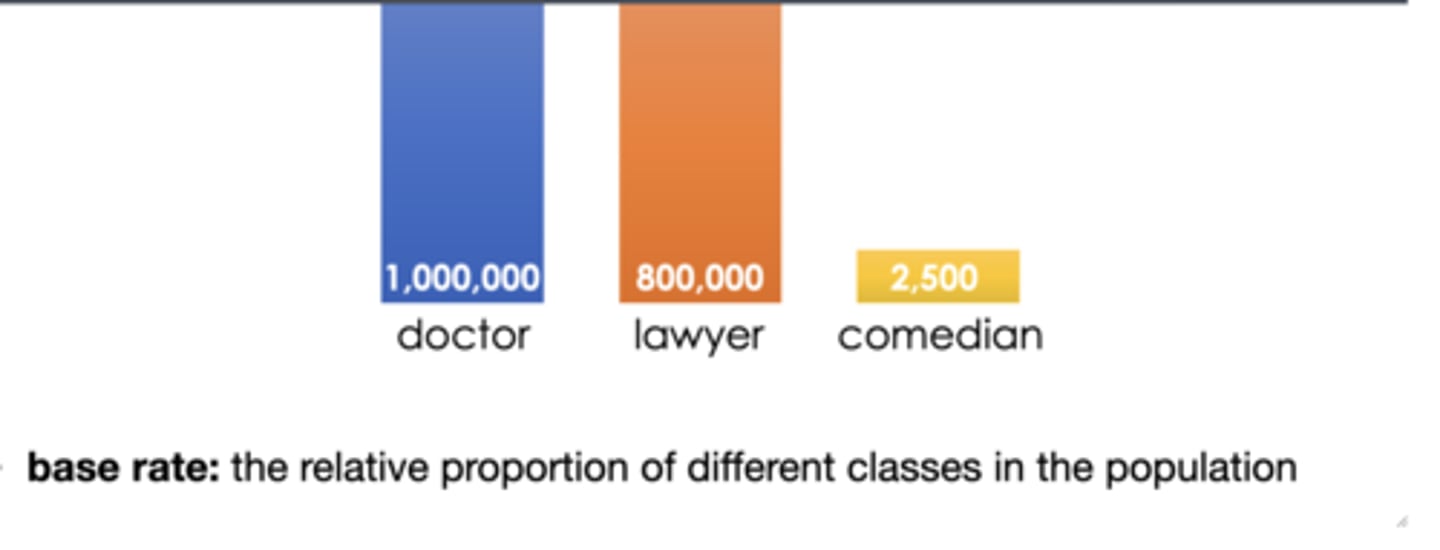
Conjunction rule
the probability of a conjunction of two events cannot be higher than the probability of the events alone
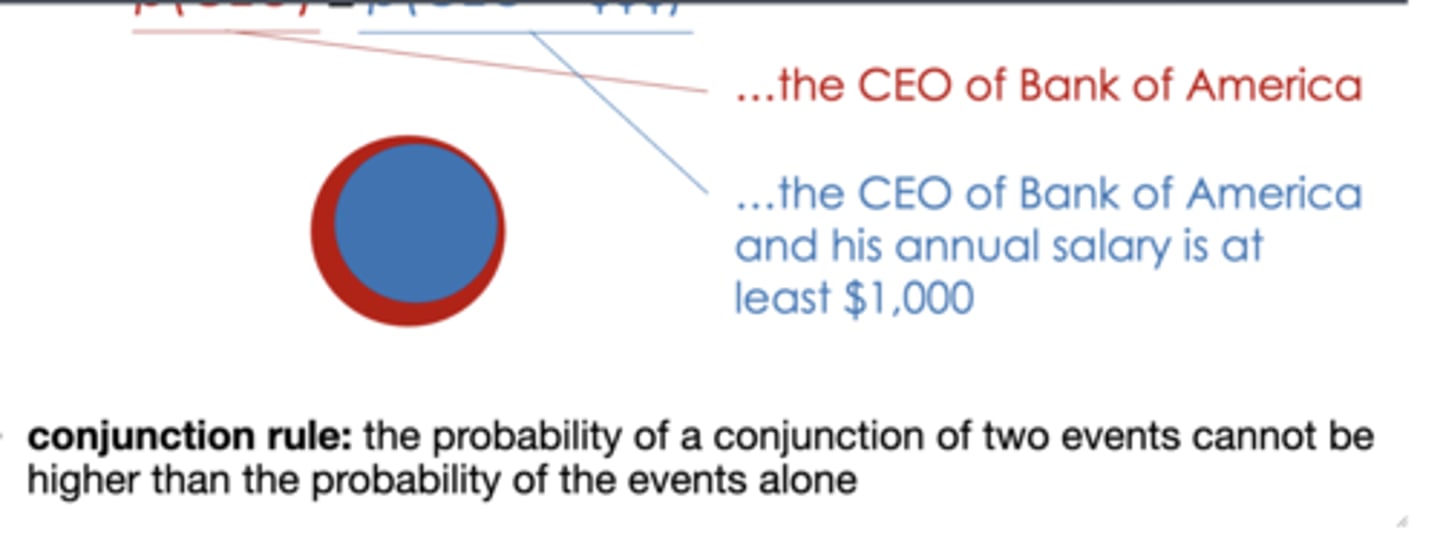
Law of large numbers
the more individuals that are randomly drawn from a population, the more representative the group will be of the entire population
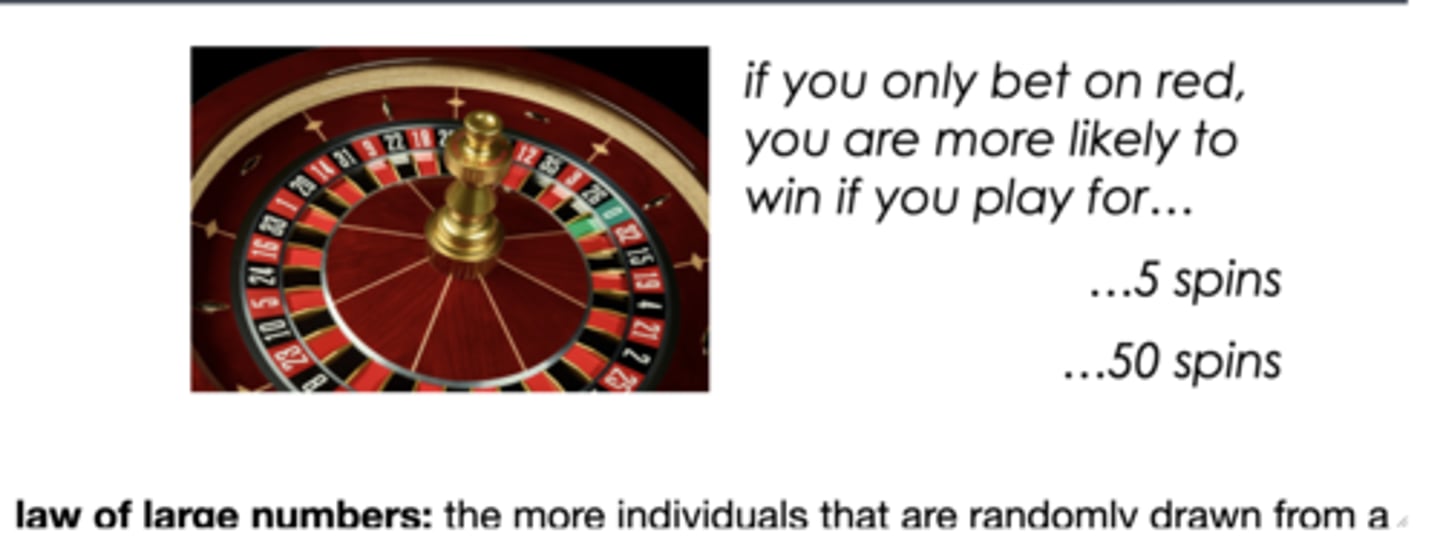
how decision making is affected by how the choice is framed ?
Status quo bias, Risk Aversion, Dual system Approach, Decision, Framing effect, : the tendency to do nothing when faced with making a decision
Risk aversion
the tendency to avoid taking risks
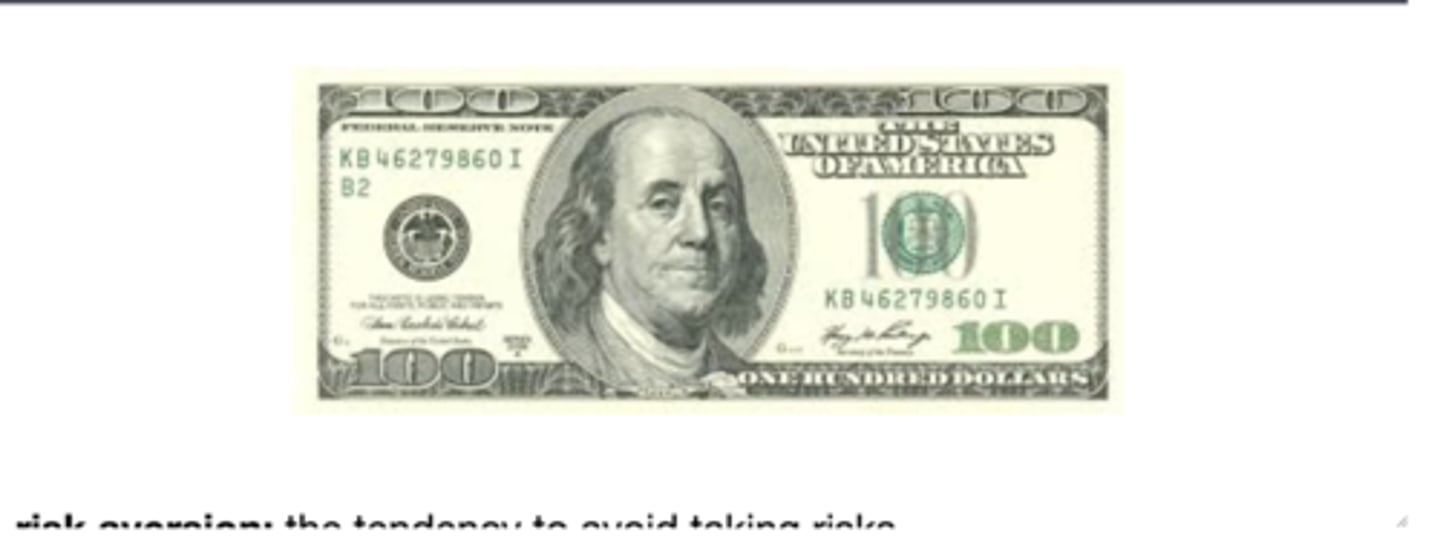
status quo bias
the tendency to do nothing when faced with making a decision
Dual system approach
Dual systems approach: idea that we may have different systems for decision making.
- Our decisions can be biased by other, seemingly unrelated factors
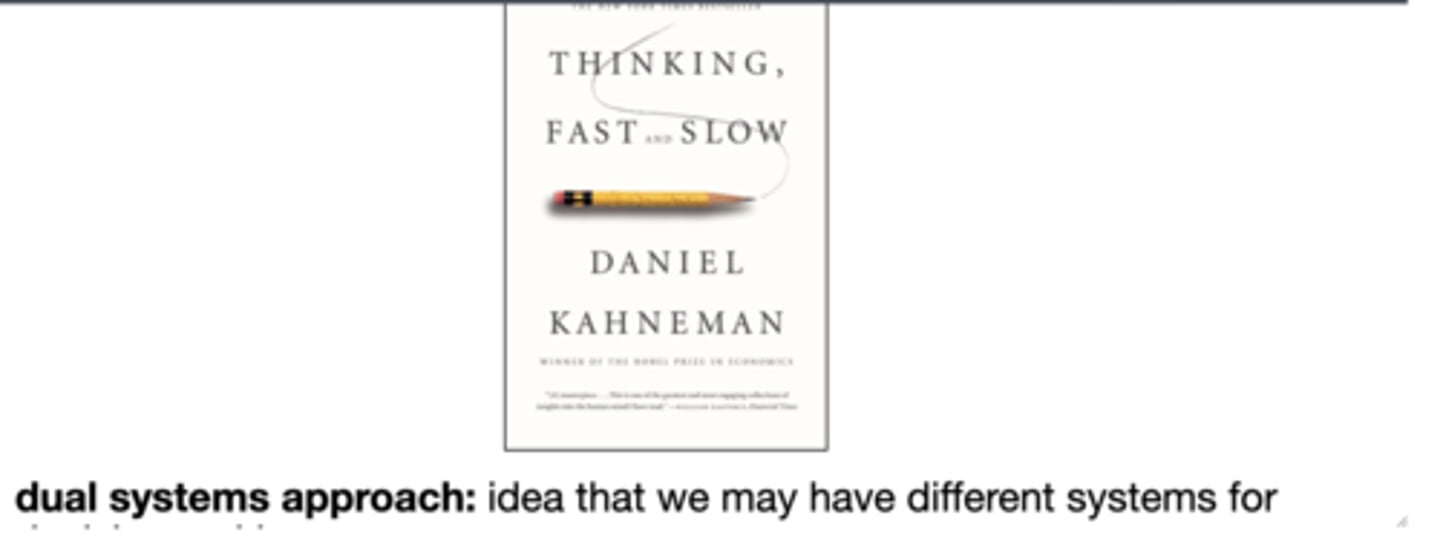
Decision
the process of choosing between alternatives
Expected utility theory
assumes if people have all relevant information, they will make a decision that results in outcomes that help to achieve their goals
Framing effects
decisions are influenced by how the choices are stated
Ex- beef: 75% lean, 25 % fat
Condom: 95% success rate, 5 % failure rate
Smoking: living longer if you quit, due sooner if you don't
Purchase: 50 % of two items, buy one get one free
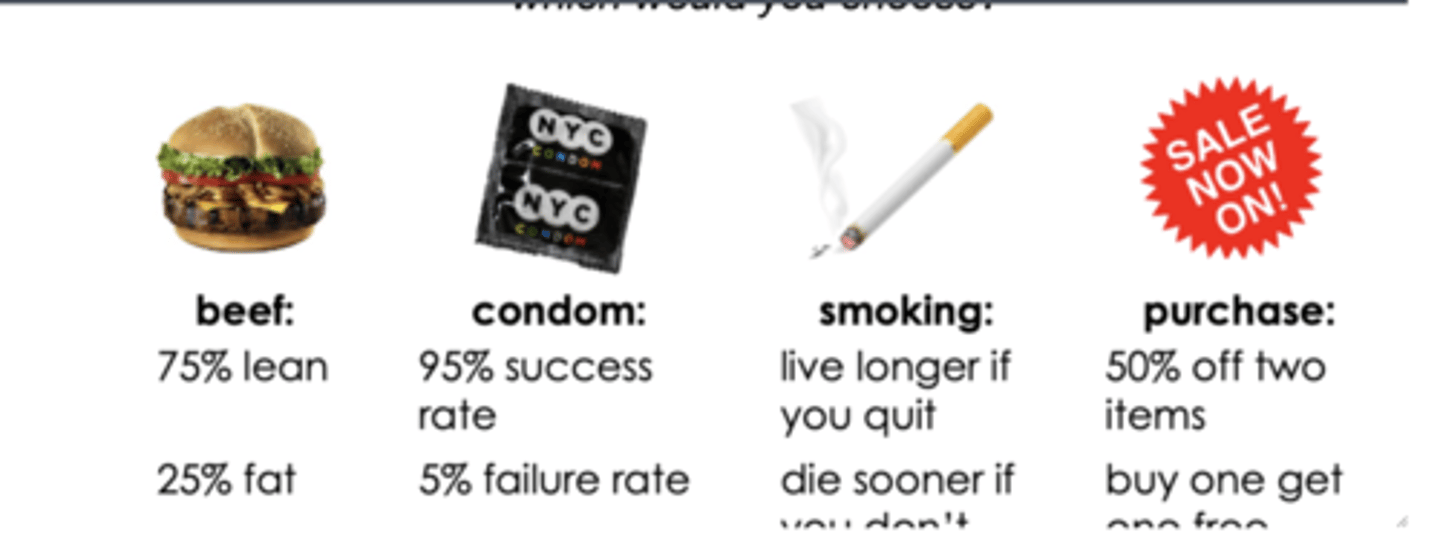
How is deductive reasoning affected by how the choice is framed?
Categorical syllogism, conditional syllogism, valid syllogism, invalid syllogism, belief bias, and falsification principle
Syllogism
consist of two broad statements (premises) and a conclusion
Categorical syllogism
statements being with"all", "no", or "some"
Ex: All teachers are inspiring.
Prf. DZ is a teacher
Prf. DZ is inspiring
Conditional syllogism
the first premise has "if... then" format
Ex: If I study, then I will get a good grade.
I studied .
I will get a good grade
Valid syllogism
the conclusion follows logically from the premises. Not all valid syllogisms are true.
Ex: All dogs are animals
All animals eat food
All dogs eat food
Valid syllogism but not true
Ex: all dogs are animals
All animals have wings
All dogs have wings
Invalid syllogism
the conclusion does not follow logically from the premises
Invalid syllogism though possibly true:
All dogs are animals
Some animals are small
Some of the dogs are small
Invalid syllogism and not true:
All dogs are animals
Some animals are in space
Some of the dogs are in space
Belief bias
the tendency to think a syllogism is valid if its conclusions are believable
- It is easier to see that the logic is invalid when using statements that also make it inaccurate
Falsification principle
to test a rule, it is necessary to look for a situation that would falsify it
-Cards corresponding to invalid syllogisms will not help you to test the rule
-Real life problems are easier to solve than abstract problems